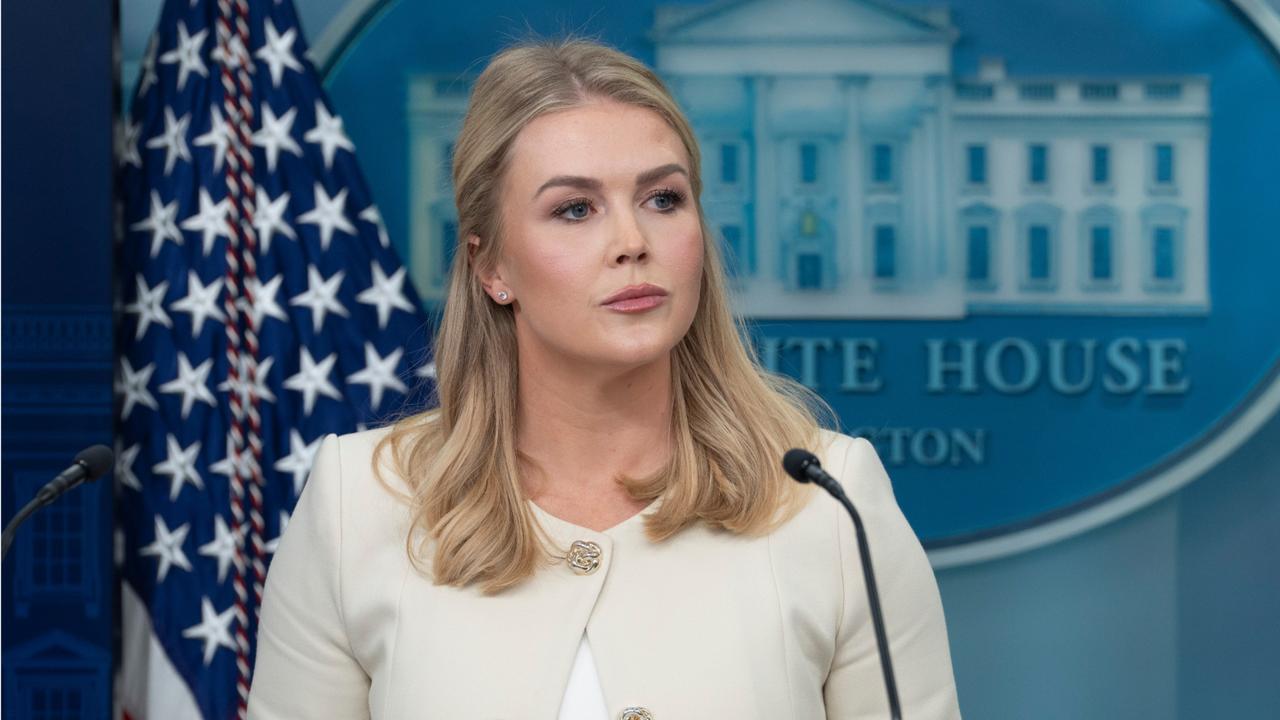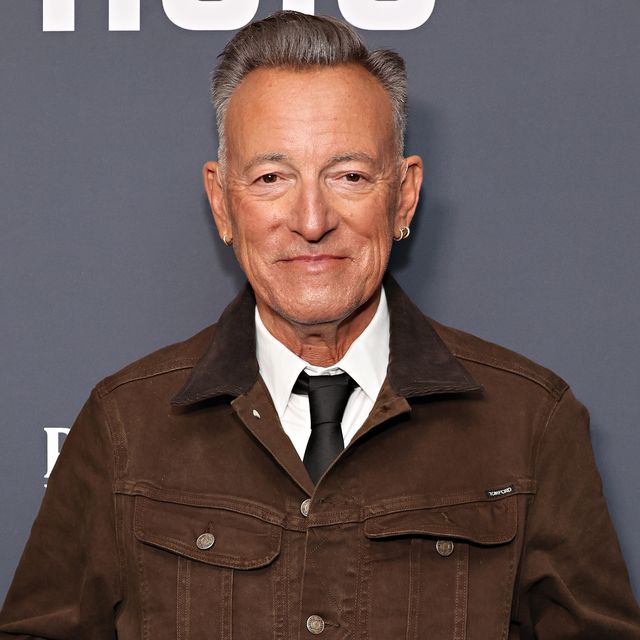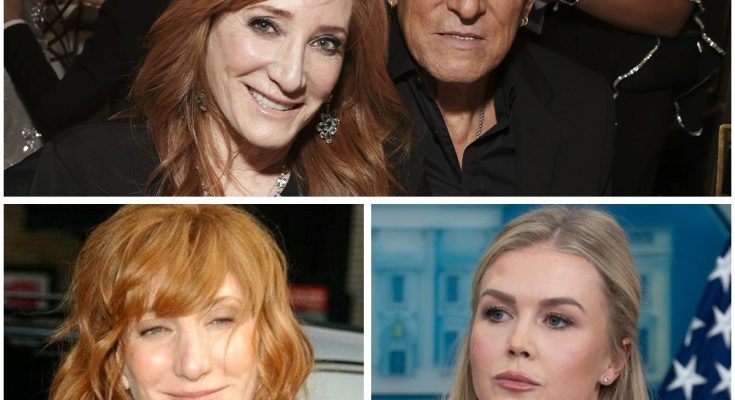Live television is a high-wire act, a volatile space where the most compelling moments are born from the chaos of the unscripted. It’s in these spontaneous collisions—when the teleprompter goes dark and raw human conviction takes over—that the lines between entertainment, politics, and culture are irrevocably erased. Such a moment detonated on air recently, when the worlds of rock-and-roll royalty and Washington D.C. punditry collided in a fiery, unforgettable confrontation that has since captivated the nation. At the center of the storm was Patti Scialfa, the celebrated singer, activist, and wife of music icon Bruce Springsteen, who delivered a stunning, on-air lesson to White House Press Secretary Karoline Leavitt.
The stage was set for a conventional political debate. The topic was the contentious and deeply emotional issue of systemic racism in America. Leavitt, a political firebrand known for her sharp-tongued delivery and unflappable demeanor, was in her element. She was artfully arguing that the ongoing discussions about inequality were being exaggerated, framed as a partisan narrative rather than a societal crisis. It was a polished performance, the kind seen nightly on cable news. But she was about to face an opponent who wasn’t playing by the same rules.

Best headphones deals
Patti Scialfa was not there to score political points or debate policy. She was there to speak a fundamental truth. As Leavitt continued her line of argument, Scialfa forcefully interrupted—not with a simple interjection, but with a direct, head-on challenge that recentered the entire conversation. “You don’t get to dismiss generations of lived experience simply because it makes you uncomfortable,” Scialfa declared, her words carrying the immense weight of her decades-long career in both music and social activism. “Racism isn’t a debate topic—it’s a reality that people in this country still live with every single day.”
The interruption was a powerful reframing of the entire issue. Scialfa wasn’t arguing the finer points of a political strategy; she was grounding an abstract, televised debate in the soil of human experience. She was there to deliver what many are now calling a “harsh lesson” on the profound difference between a talking point and a lived reality.

Best headphones deals
The tension in the studio became a palpable force, but the climax of the confrontation arrived in a single, perfectly crafted statement that has since gone viral. With the cameras rolling and the nation watching, Scialfa looked directly at Leavitt and delivered a concise and devastating indictment of privilege. “Privilege means you get to walk away from the conversation when it’s inconvenient,” she said, her voice steady and resolute. “The rest of America doesn’t have that choice.”
The words landed like a physical blow, stunning the normally unflappable Leavitt into a rare, protracted silence. It was a moment that transcended the political divide, cutting through the noise to speak a deeper truth about the nature of power, access, and the luxury of simply being able to change the channel on a conversation that others are forced to live inside of.

The aftermath was immediate and seismic. Social media platforms erupted, with millions of viewers sharing clips of the confrontation, analyzing every word and gesture. Headlines across the country blared, framing the exchange as a symbolic, David-vs-Goliath showdown between a new-generation political operative and an old-school artist-activist who had seen the world from a vastly different perspective.



